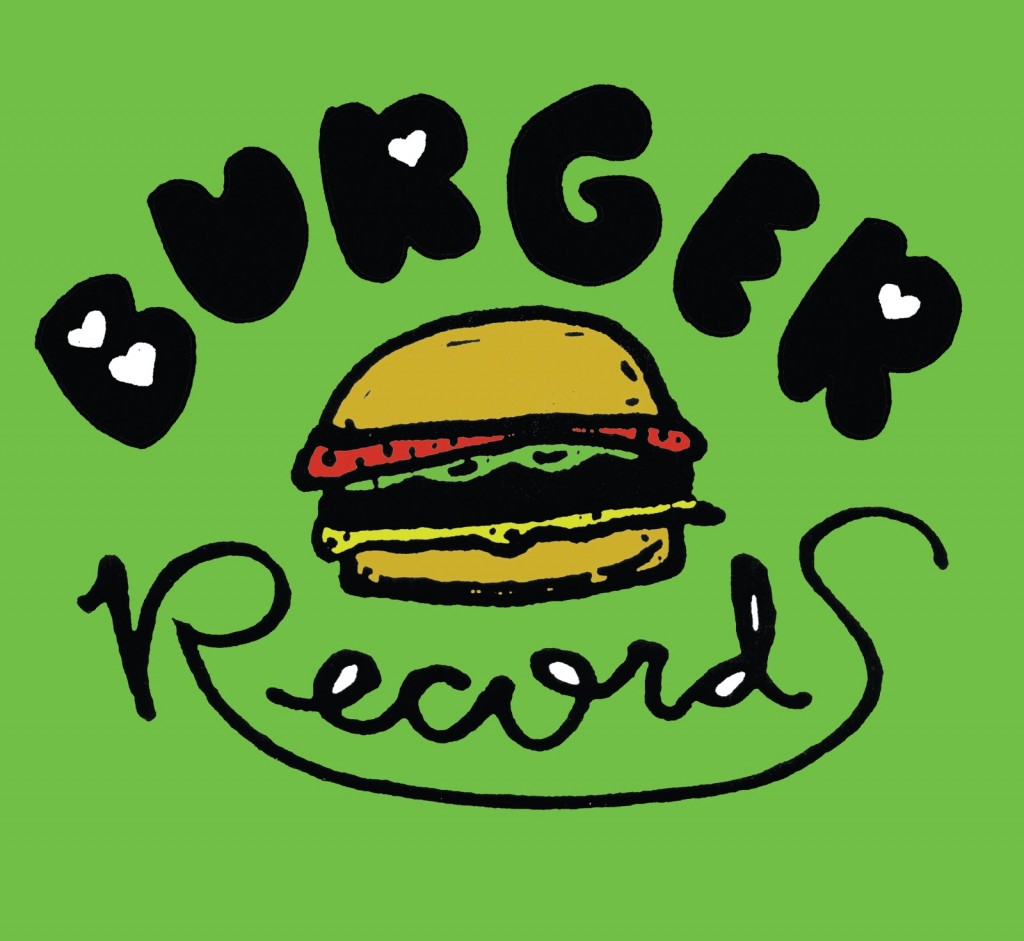For the past week, I’ve been completely head-over-heels for the group Habibi. Arabic for “my beloved”, Habibi is a wonderful mixture of girl group harmonies and low-fi noise pop instrumentals. It feels (and probably was) an album simply recorded in one’s bedroom. I also find it wonderful how the music doesn’t attempt to mask itself as something it’s not. It’s pure unadulterated fun and I love it.
This quick admiration for Habibi is not the main focus of this blog post, but instead as another instance of my interaction with Burger Records. A independent record label/record store out of Southern California, Burger Records interests me by its ability to have created its own niche. Realizing that existing record labels were almost exclusively focused on distributing vinyl and CDs, Burger Records believed cassettes would then be a viable market to enter. Receiving support from larger labels like Sub Pop, they’ve been able to release hundreds of artist’s work. According to their Wikipedia catalog, they’ve released over 400 cassette albums. That’s HUGE.
While not the only label to do this (Gnar Tapes and FIT come to mind), Burger has really managed to become very successful off this formula. They even have a annual festival in LA called Burgerama, which my friends Kim and Dani went to a few weeks ago. My favorite part of Burger Records, however, is that they don’t sign the bands that release on their label. I’m not at all saying being apart of a label is bad, but I like how this alternative exists for musicians. It allows the groups full control over their work. I’m not sure how the profit shares would be split in this scenario, but I’m sure it would be somewhat comparable to Bandcamp.

So, what does this success of Burger Records represent to the music landscape as a whole? Despite the popularity of streaming sites like Spotify, physical albums are not going to die anytime soon. While they probably will never reach the levels achieved pre-Internet, this revival of vinyl and cassettes shows a fervent audience hungry for more. And the consumers seem to be growing yearly. This current trend shows humanity constantly combating with wanting technological progress and with desiring to relive a sense of “nostalgia”. People like how owning cassettes or records, even those made by new artists, harkens back to a close (but out-of-reach) past. While no one can be sure how long this trend will exist for, it’s fascinating to see these changes.
In terms of cassettes, I’ve collected a few ever since I started driving. Why? My car has a cassette player. Through this minor interaction with tapes, I have found one major advantage of them. Yes, the tape and casing can easily be broken if you are vicious with it. Yes, you can’t skip between tracks. And yes, the quality is the worst of any medium. Yet, I find most of these negative parts completely mute over how cheap cassettes are. New cassettes almost always go for around $5 and I’ve even bought some old ones with the random change in my pocket. The small cost makes it really easy to purchase music you might not have otherwise. In the end, if it wasn’t for Burger Records and their cassette love, I wouldn’t have found Habibi. And that would have been very sad.





































